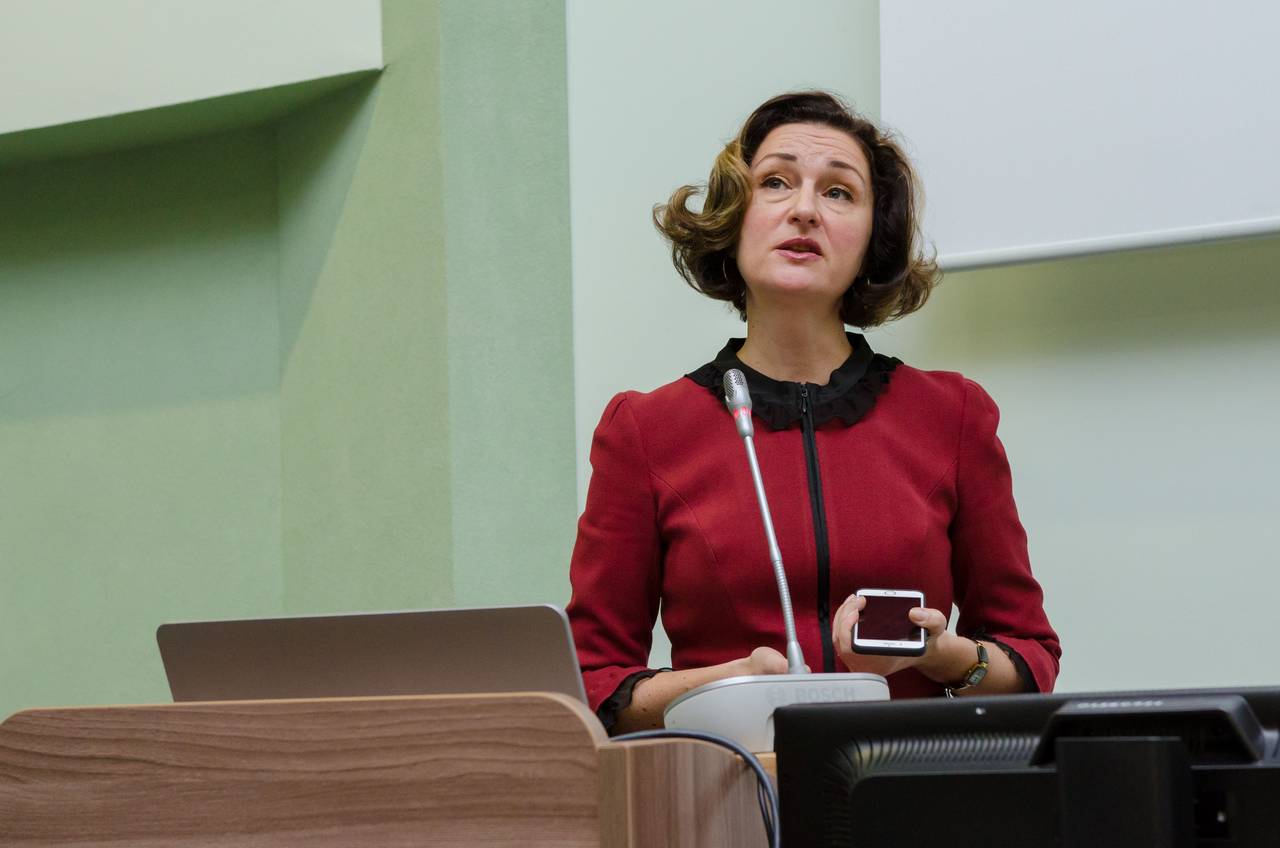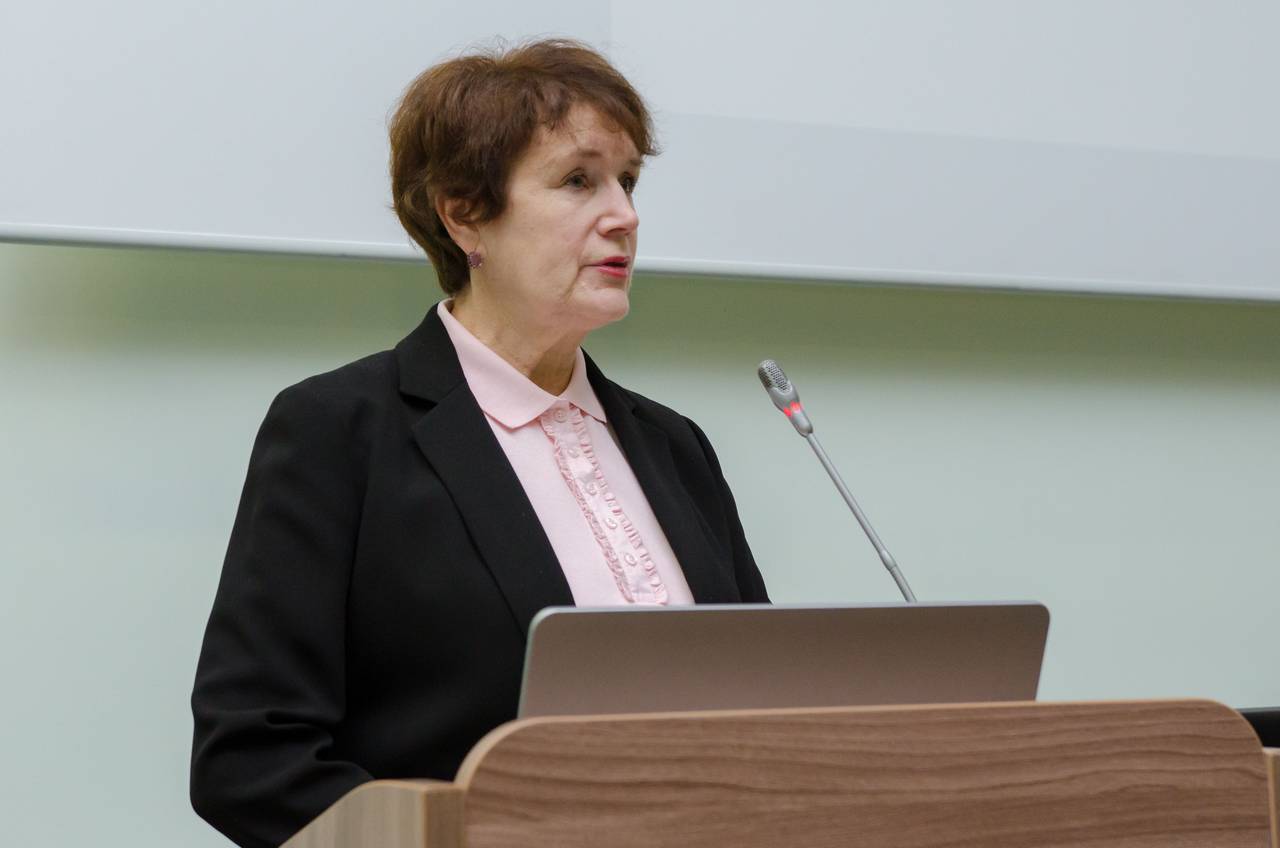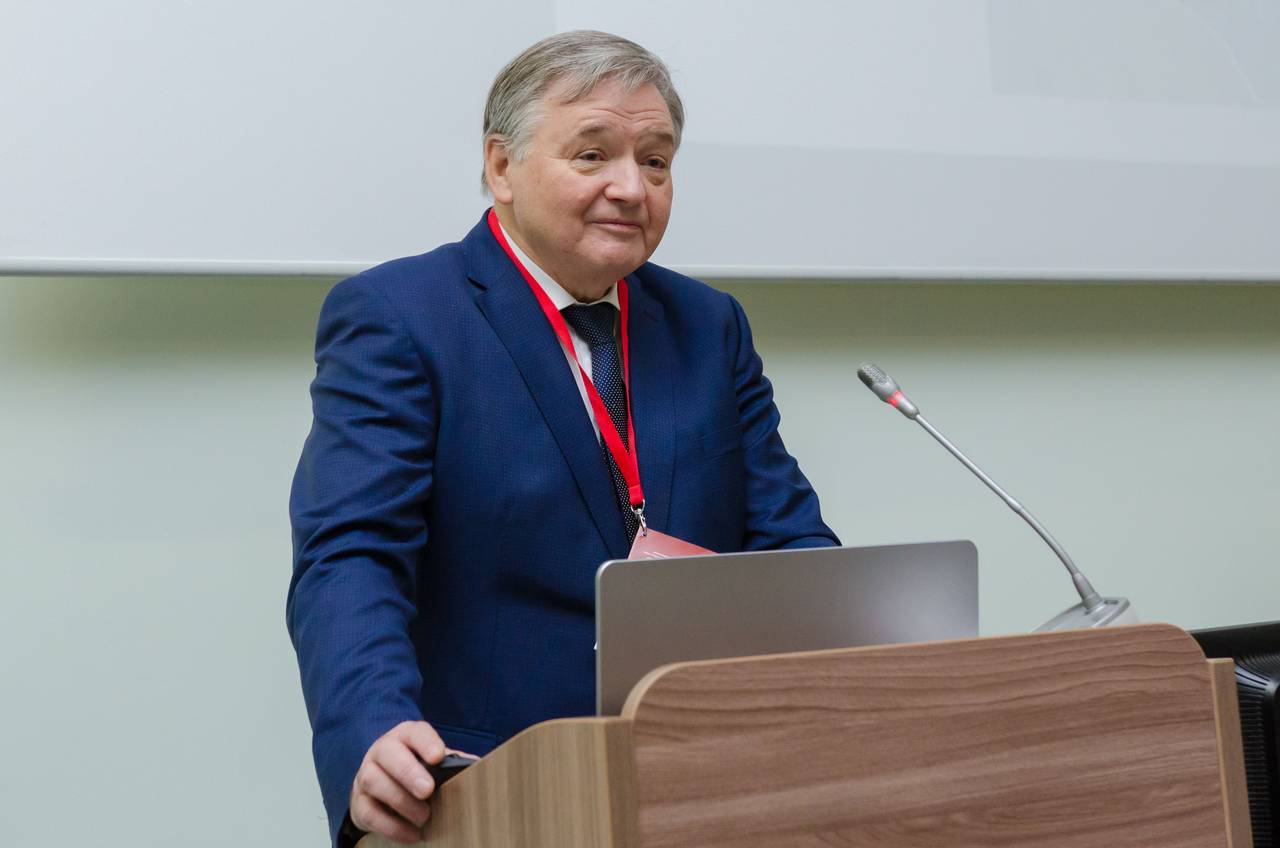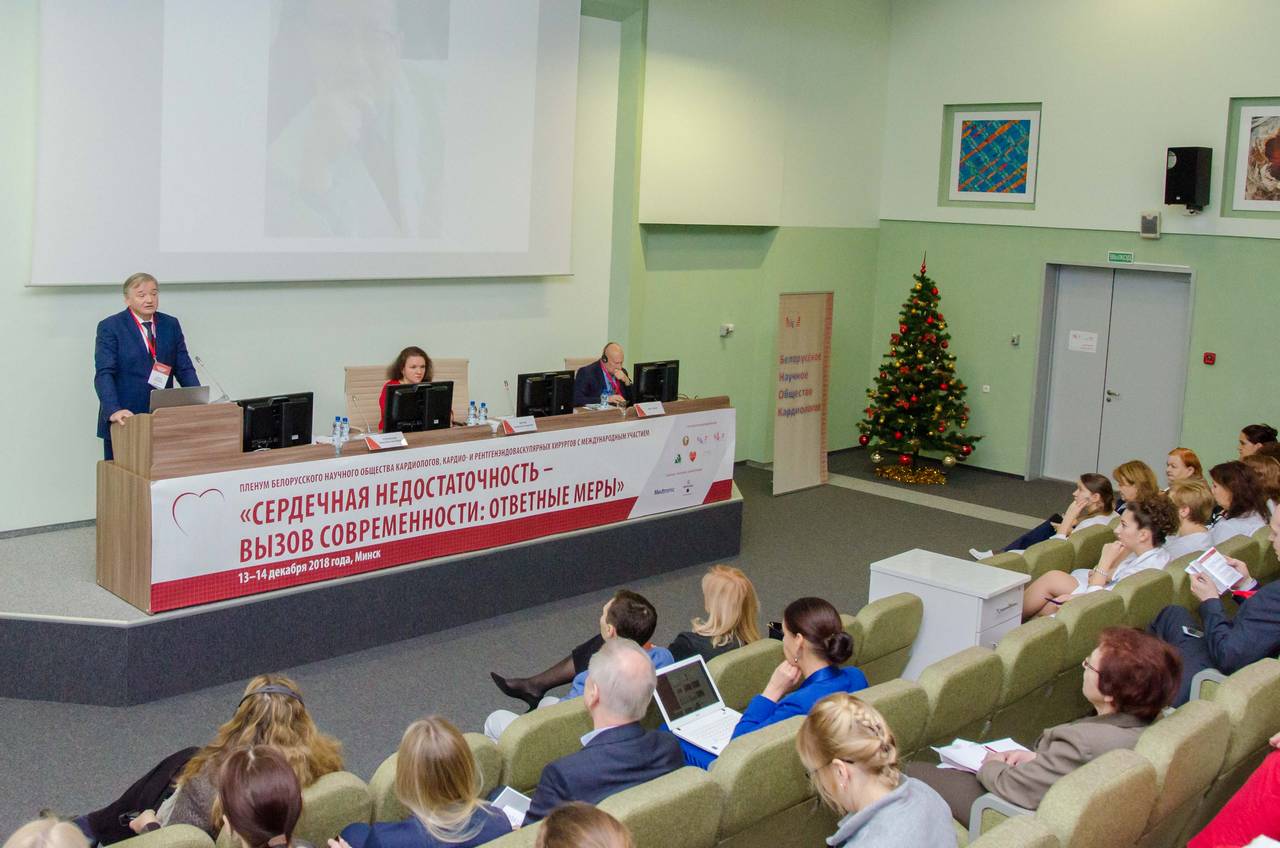December 20th, 2018
20.12.2018
December 13–14, 2018, a plenum of the Belarusian Scientific Society of Cardiologists, Cardio and Endovascular, and Vascular Surgeons with international participation took place «Heart Failure - The Challenge of Modernity: Responses».
As part of the plenum held an extensive list of reports. At the beginning of the plenary session on December 14, Academician of the National Academy of Sciences of Belarus, Director of the Republican Scientific and Practical Center «Cardiology» Alexander Gennadievich Mrochek told the cardiological community about the epidemiological aspects of chronic heart failure in the Republic of Belarus based on the results of a unique epidemiological study of STEPPS.
Further, the most advanced ideas in the world about the importance of biomarkers in the diagnosis of heart failure were presented. Professor Alan Maizer from the Department of Coronary Pathology and Heart Failure at the University of California, San Diego (USA) shared this information with us.
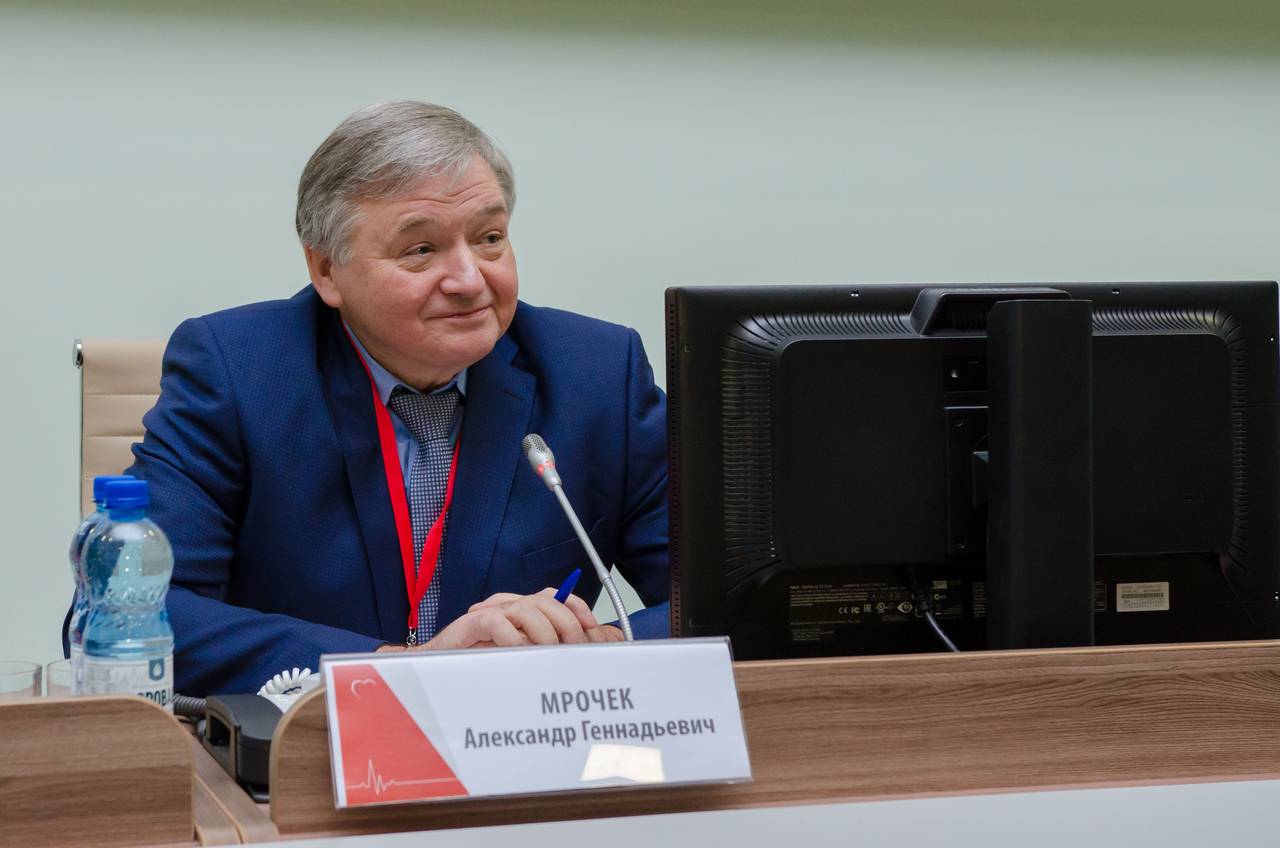
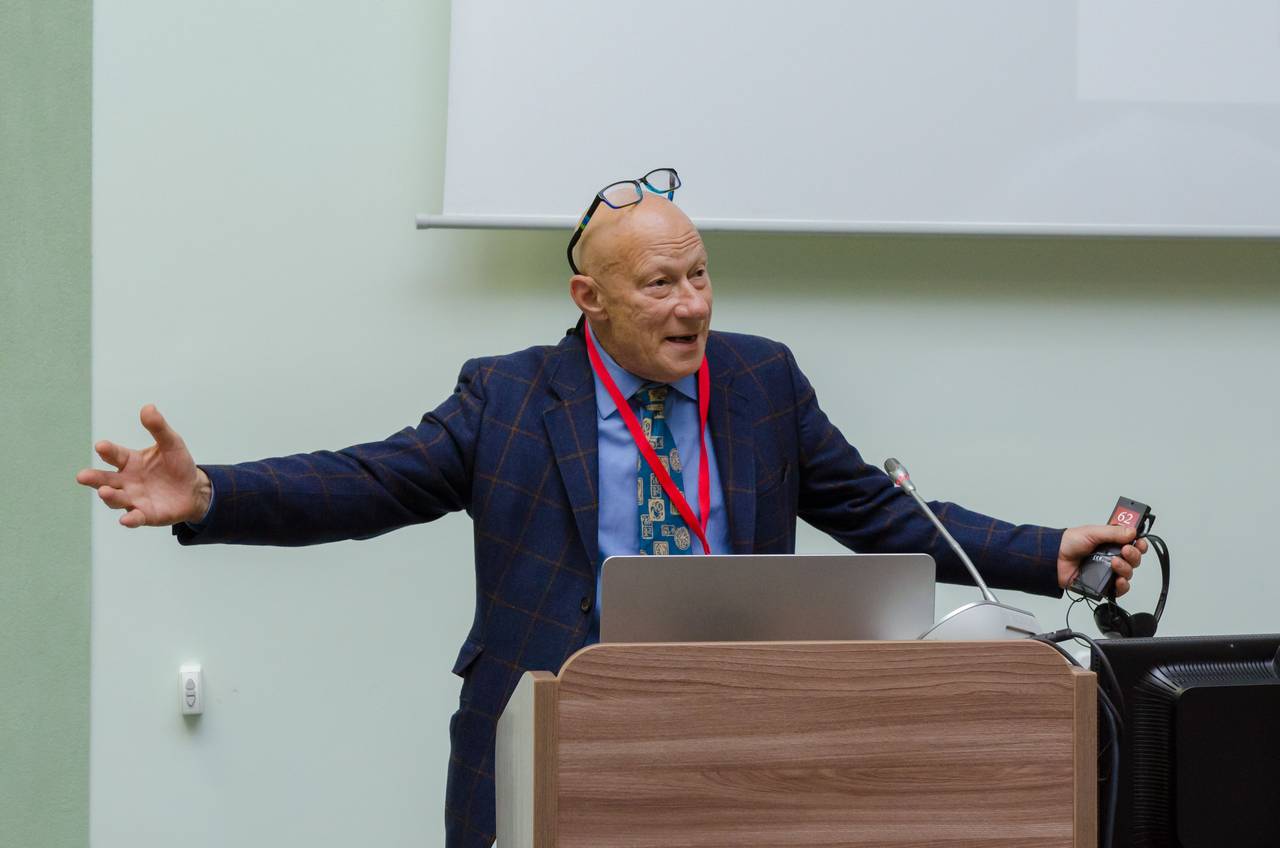
The importance of the routine use of such markers as pro-BNP and ST2 and the relationship with the prediction of survival was emphasized. Having adopted diagnostic criteria and modern diagnostic capabilities in the choice of treatment, cardiologists should rely on proven postulates of basic therapy, the idea of which, said the Deputy Director for Therapeutic Assistance of the Republican Scientific and Practical Center "Cardiology", associate professor, Ph.D. Kurlyanskaya Elena Konstantinovna. B-blockers, ACE inhibitors, ARA, non-Jilin inhibitors, diuretics, ivabradine, and other classes of drugs are today a vast potential cardiologist in the treatment of CHF. But at the present stage of development of medicine, minimally invasive and interventional technologies are becoming increasingly important in the treatment of any condition, including heart failure.
One of the directions today is endovascular correction of atrioventricular failure in patients with chronic heart failure, the possibilities of which were revealed by Vlasis Ninios, Professor of the Member of the Royal College of Physicians of Great Britain (Greece).
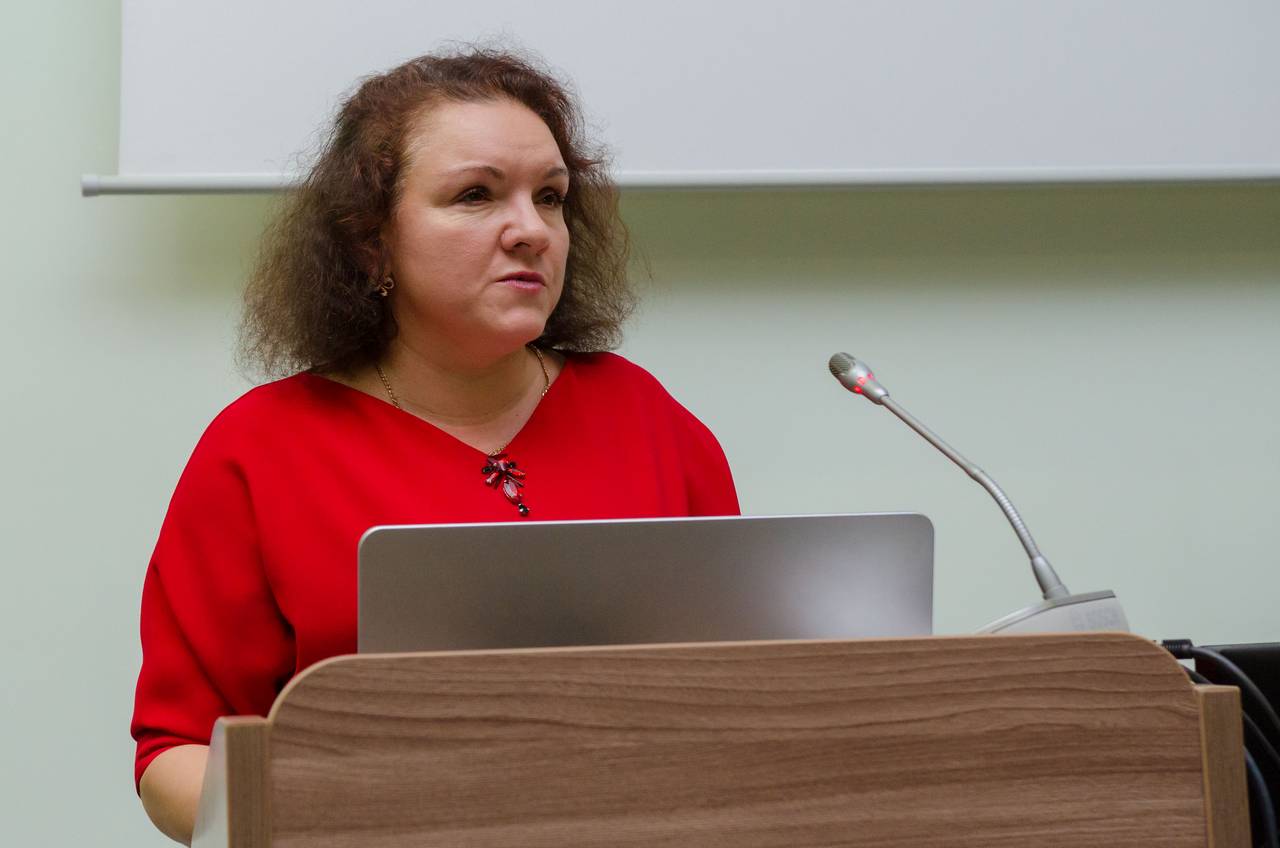
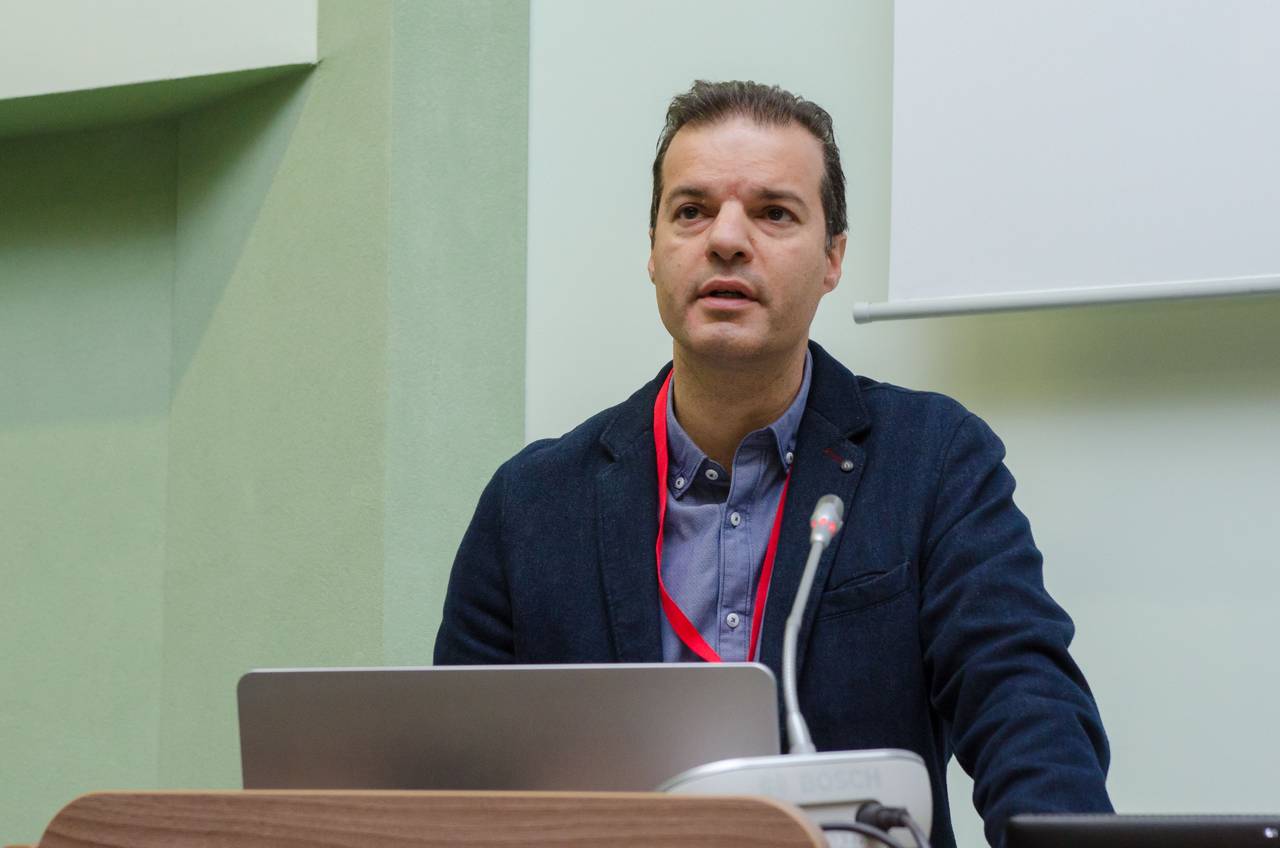
The next word was for Marianne Gwehenberger, associate professor at the University Hospital of Vienna (Austria, Vienna). She spoke about the next new direction of the so-called device-therapy (device therapy) in her message “Modulation of cardiac contractility - a new word in the treatment of CHF” New types of implantable devices, so-called cardio-modulators, which seemed inexplicably stimulating provide improved cardiac contractility. But in a number of clinical pathologies, the contractile ability of the heart is significantly reduced, and then hope can be given to cell technologies that are popular today.
Boyan Vertovec, Director of the Medical Center for Severe Heart Failure and Transplantation, Professor (Slovenia, Ljubljana) in his report “Cell therapy of chronic heart failure” spoke about more than 10 years of efforts and achievements in the development of cellular technologies in the treatment of heart failure.
Lon Annest, a professor at the Cardiothoracic Surgery Clinic (USA, New York), reported on hybrid surgery for left ventricular aneurysms - technology at the cutting edge of medical science. Such interventions were performed on the basis of the Republican Scientific and Practical Center "Cardiology" on December 13-14, 2018. About 200 such procedures have been performed all over the world today. Three of them already this year in the Republic of Belarus.
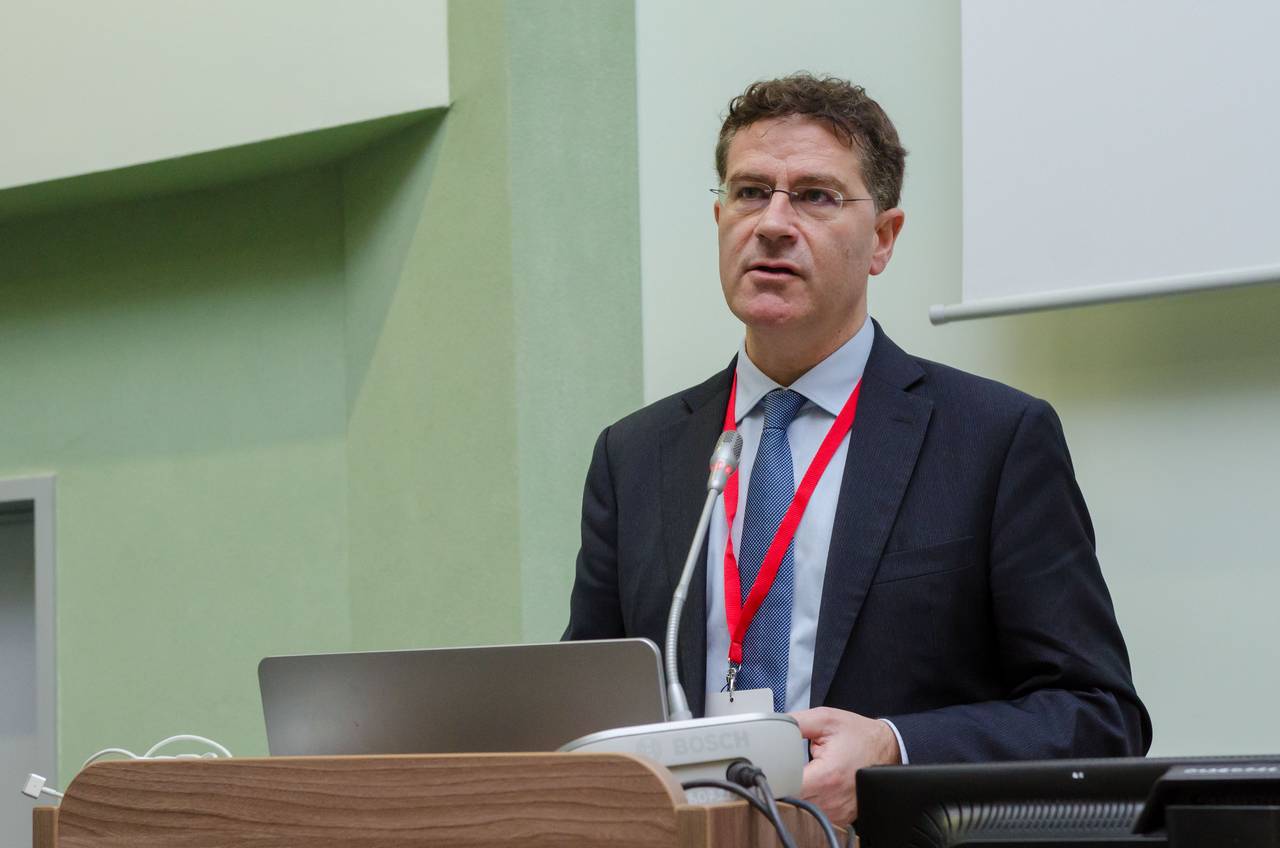
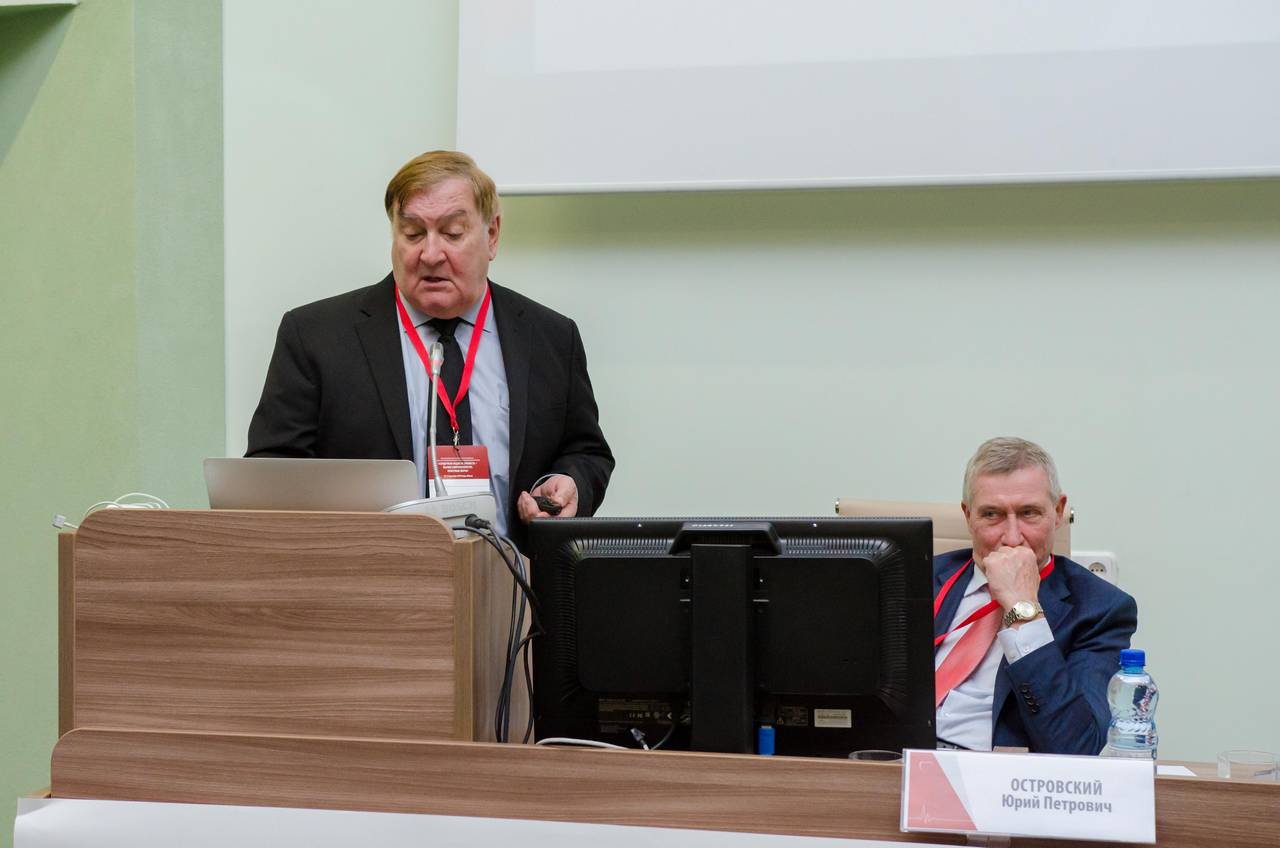
Then, according to the program, presentations of specialists from the country's leading institution, the Republican Scientific and Practical Center «Cardiology», were heard. Oleg Leonidovich Polonetsky, Head of the X-ray Operating Republican Scientific and Practical Center «Cardiology», Ph.D. shared new trends in the treatment of CHF in the world and those technologies that are already implemented in Belarus and those that will be introduced in the near future.
About how closely related are heart rhythm disturbances and heart failure, and how to prevent one pathology by affecting the other - heard from the report «Heart rhythm disorders and heart failure: importance in the development of heart failure and the possibility of correction» Chasnoyt Alexander Robertovich, a leading researcher laboratories of heart rhythm disorders of the Republican Scientific-Practical Center "Cardiology"., Ph.D. With all the list of conservative measures and an abundance of interventional methods for patients with chronic heart failure, there comes a point when the reserves of impact on their own heart are exhausted and then only the secondary circulation.
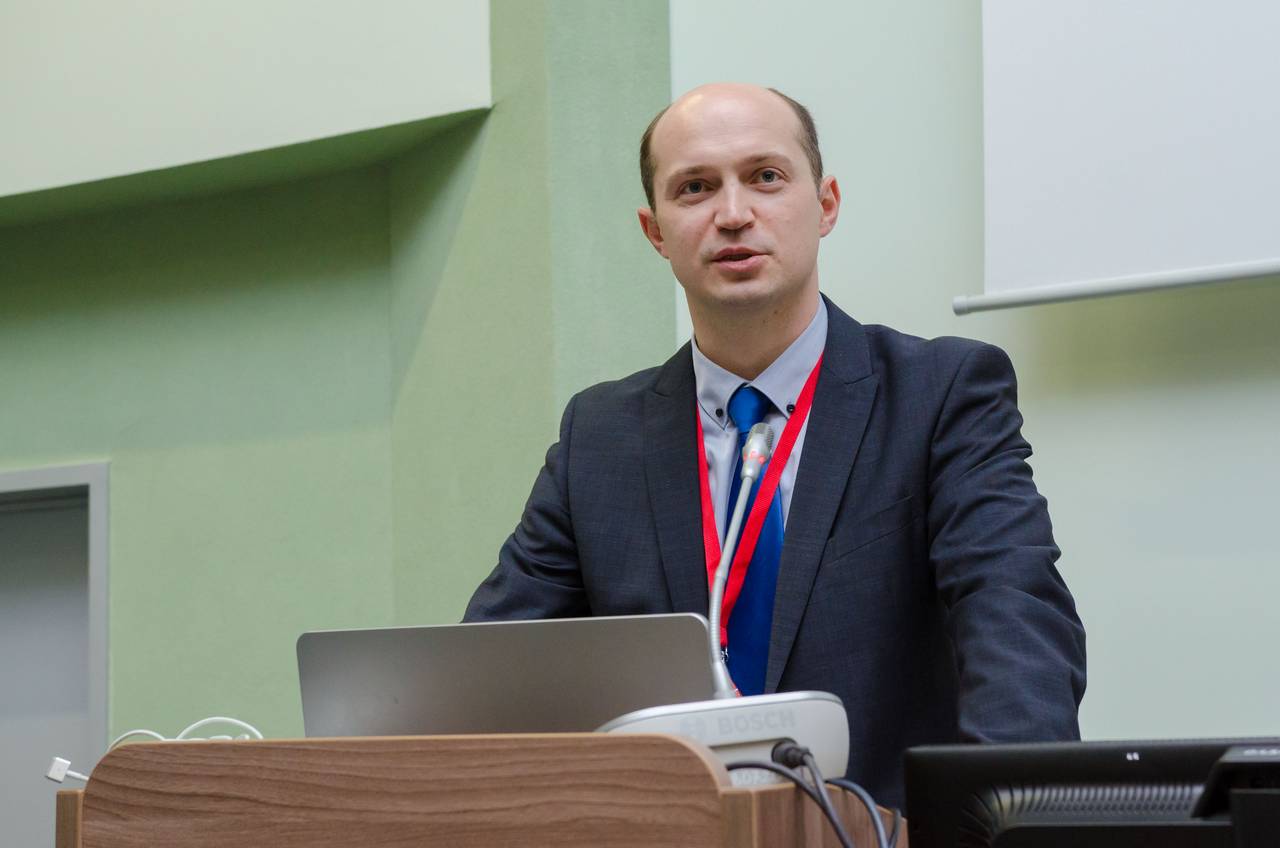
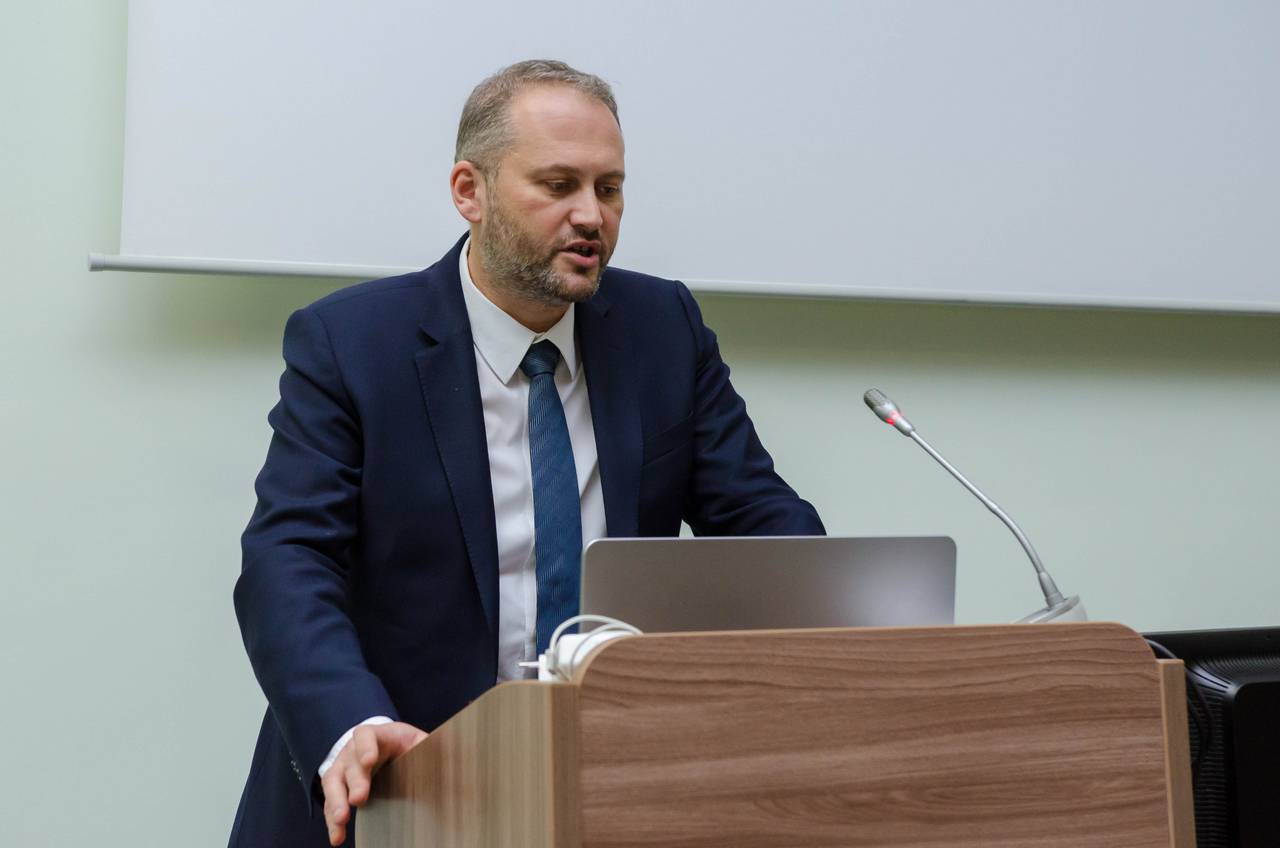
Liana Gennadievna Shestakova, Head of the Extracorporeal Circulation Branch of the Republican Scientific-Practical Center "Cardiology"., MD. clarified about the types of devices for assisted blood circulation and the experience of their use in the Republic of Belarus. This technology is often called the “bridge to transplantation” of the heart. Heart transplantation in the Republic of Belarus will soon celebrate 10 years. And more than 320 transplanted hearts and the entry into the top ten countries of Europe on this indicator.
Yury Petrovich Ostrovsky, Head of the Cardiac Surgery Laboratory of the Republican Scientific and Practical Center "Cardiology", Academician of the National Academy of Sciences of Belarus, Professor, Doctor of Medical Sciences shared with listeners about modern opportunities, achievements and successes of heart transplantation. In terms of survival, patients in Belarus are at a good European and global level.
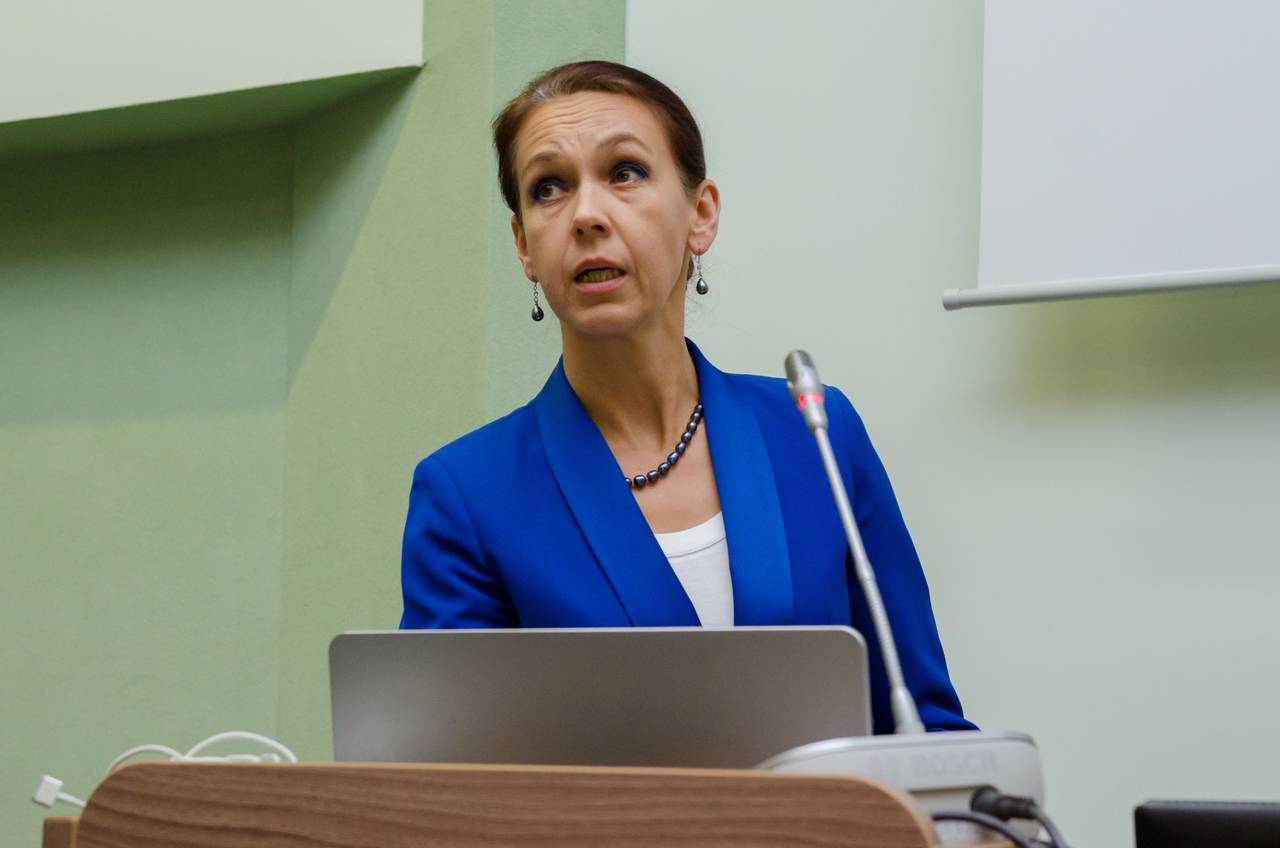
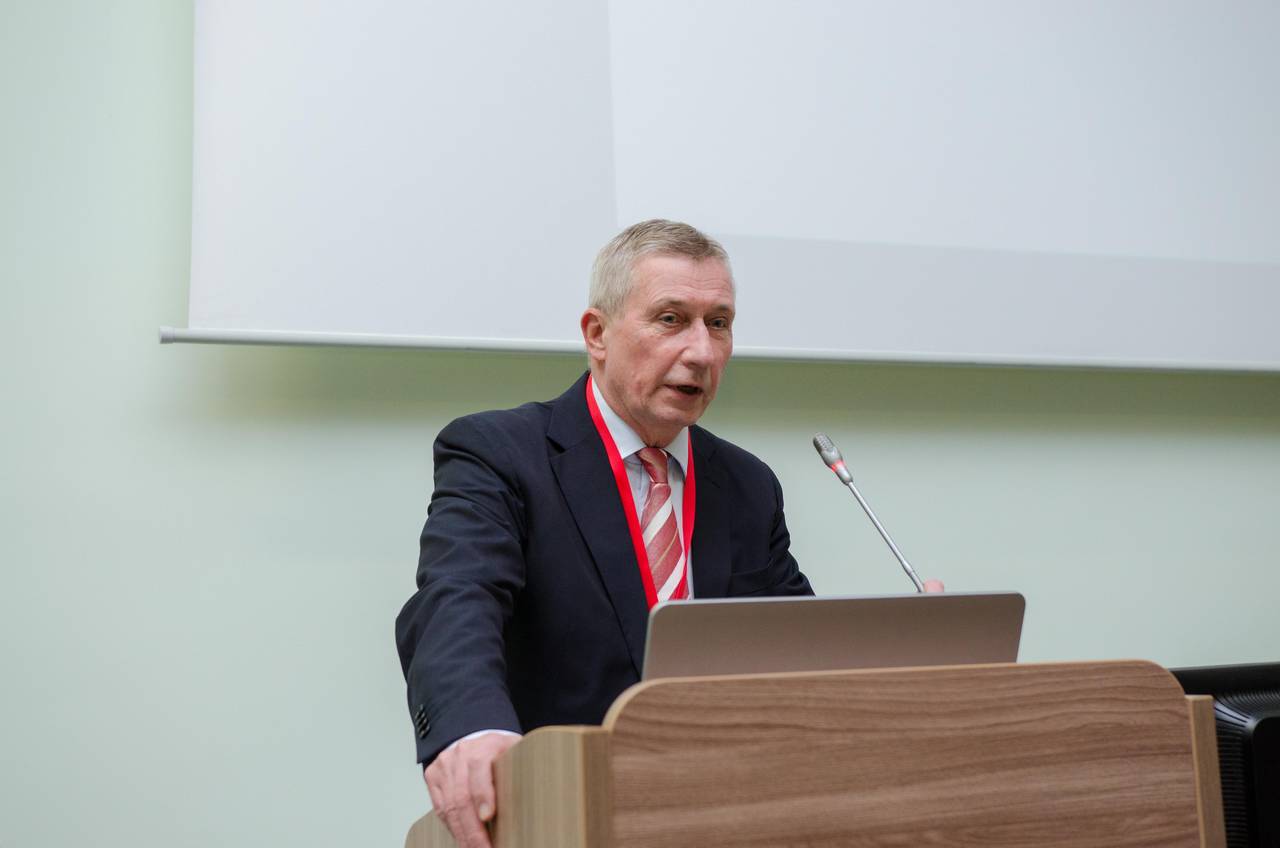
The plenary sessions were exceptionally rich and at the forefront of the problem state and scientific achievements. But not unimportant place in the work of the plenum was devoted to the sectional meetings on cardiac surgery, vascular and endovascular surgery, where practical, practically oriented approaches of colleagues from Belarus, Russia, Ukraine and other countries were voiced.
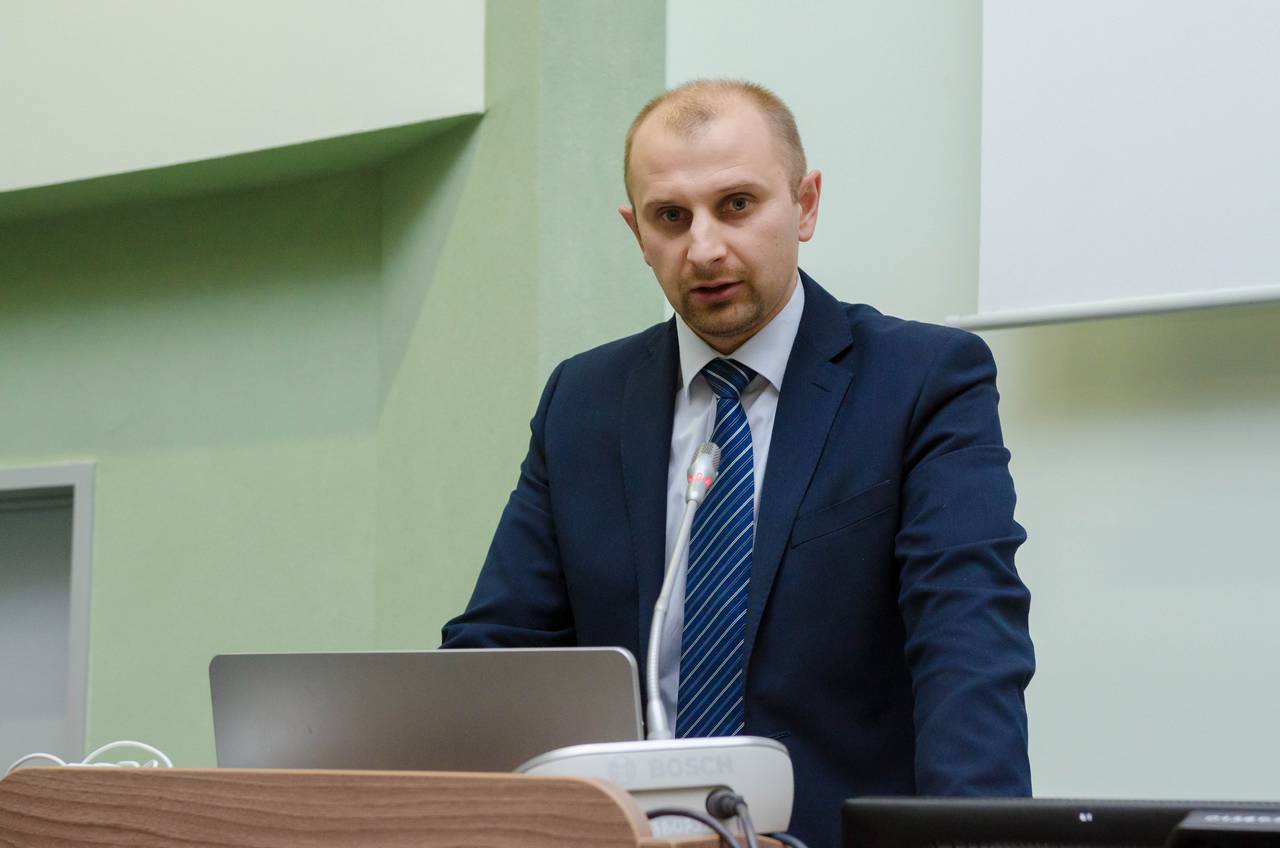
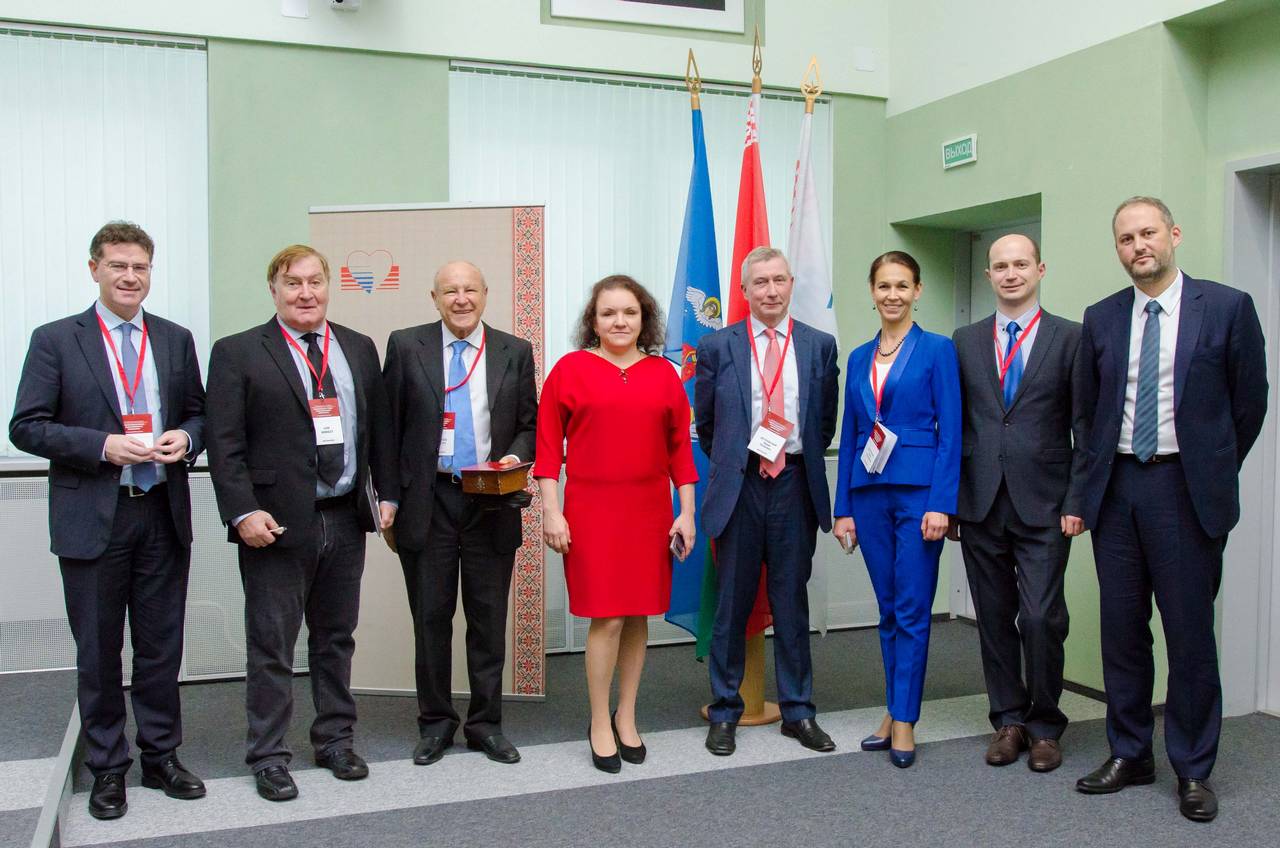
A new format of interaction in Europe was also presented at the plenum of the society - the New Project of the European Society of Cardiology for Angina, described by Sudjaeva Olga Alexandrovna, Head of the Laboratory for Chronic Ischemic Heart Disease of the Republican Scientific and Practical Center «Cardiology», MD. An important aspect of social activities is the discussion of national recommendations.
And the public was presented with the «First Revision of the National Recommendations for Diagnosis and Treatment of Hereditary Connective Tissue Disorders in Cardiology» in the person of Trisvetova Eugenia Leonidovna, Professor of the 2nd Department of Internal Diseases of the EF «BSMU», Ph.D. Suggestions for changes to the recommendations were unanimously adopted.
